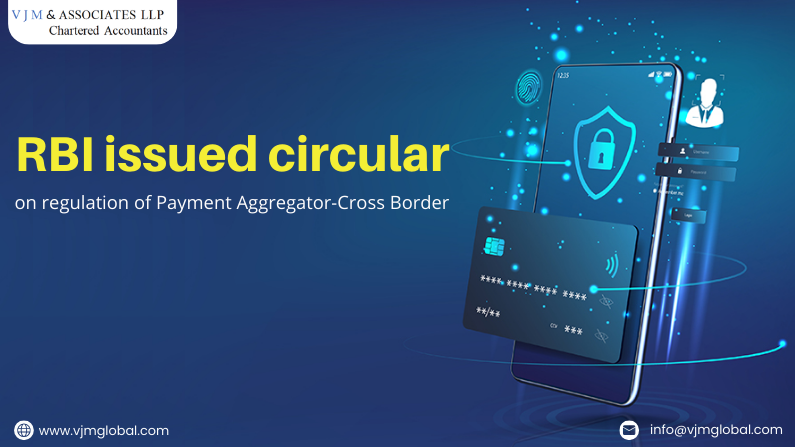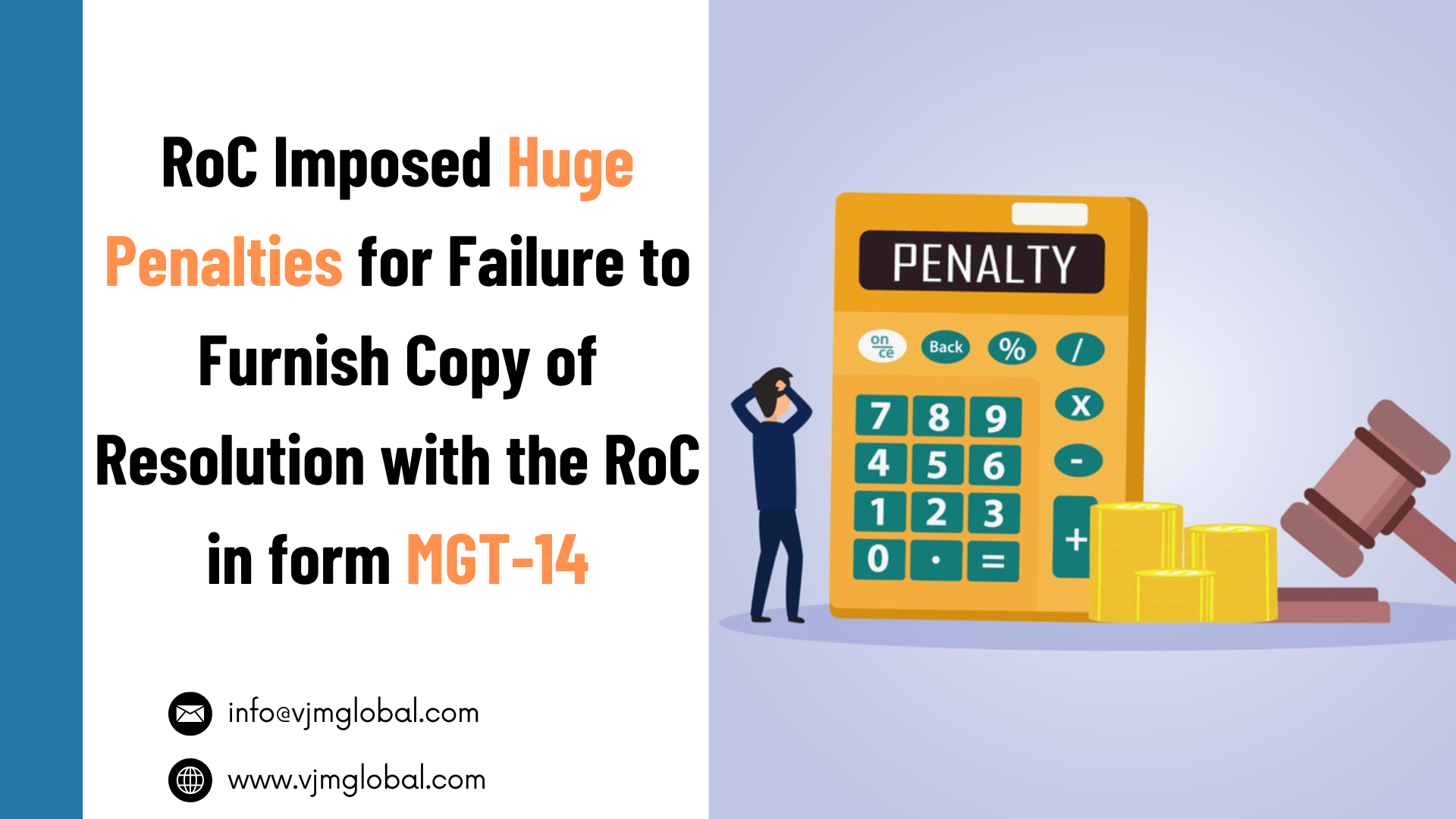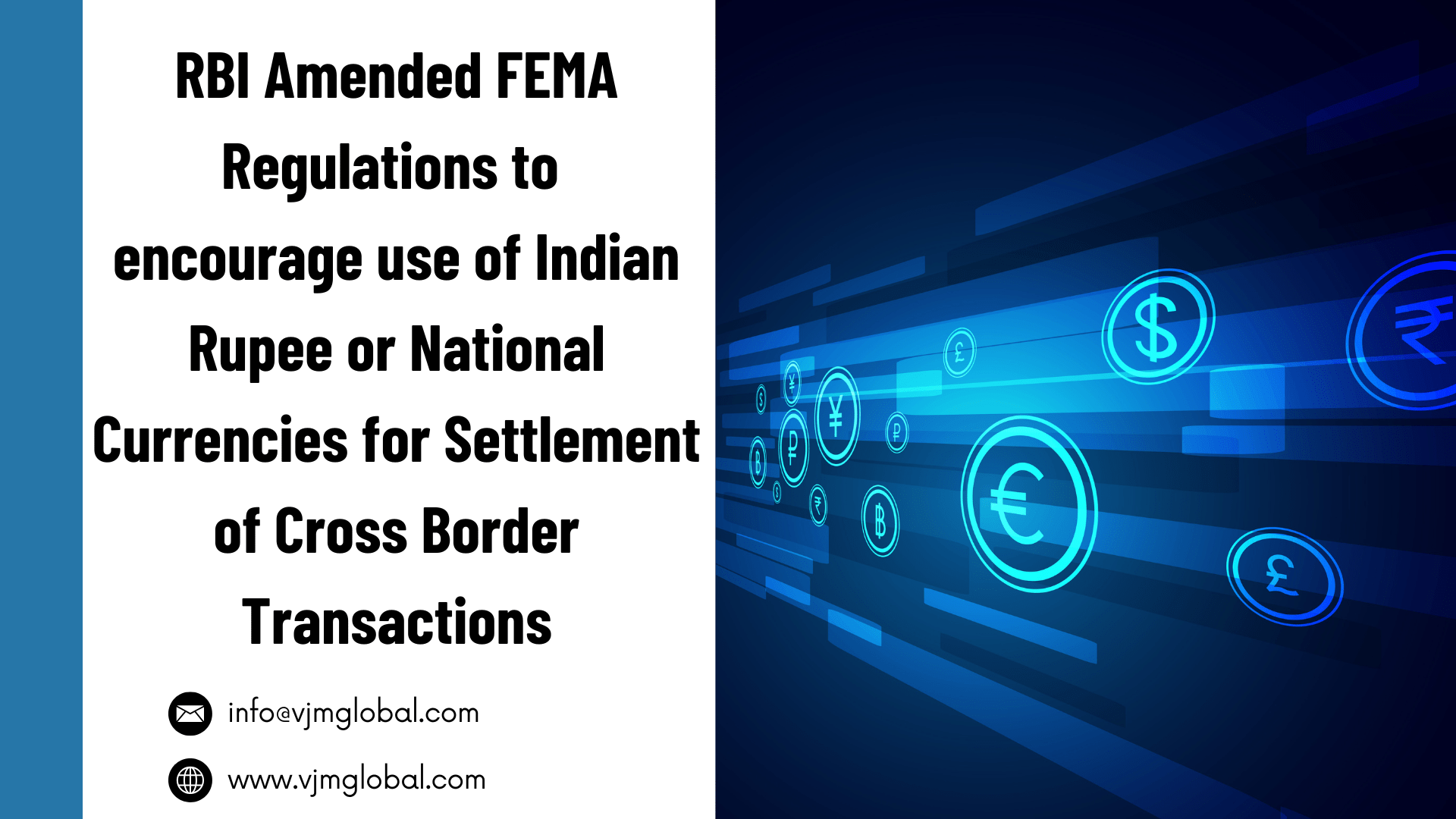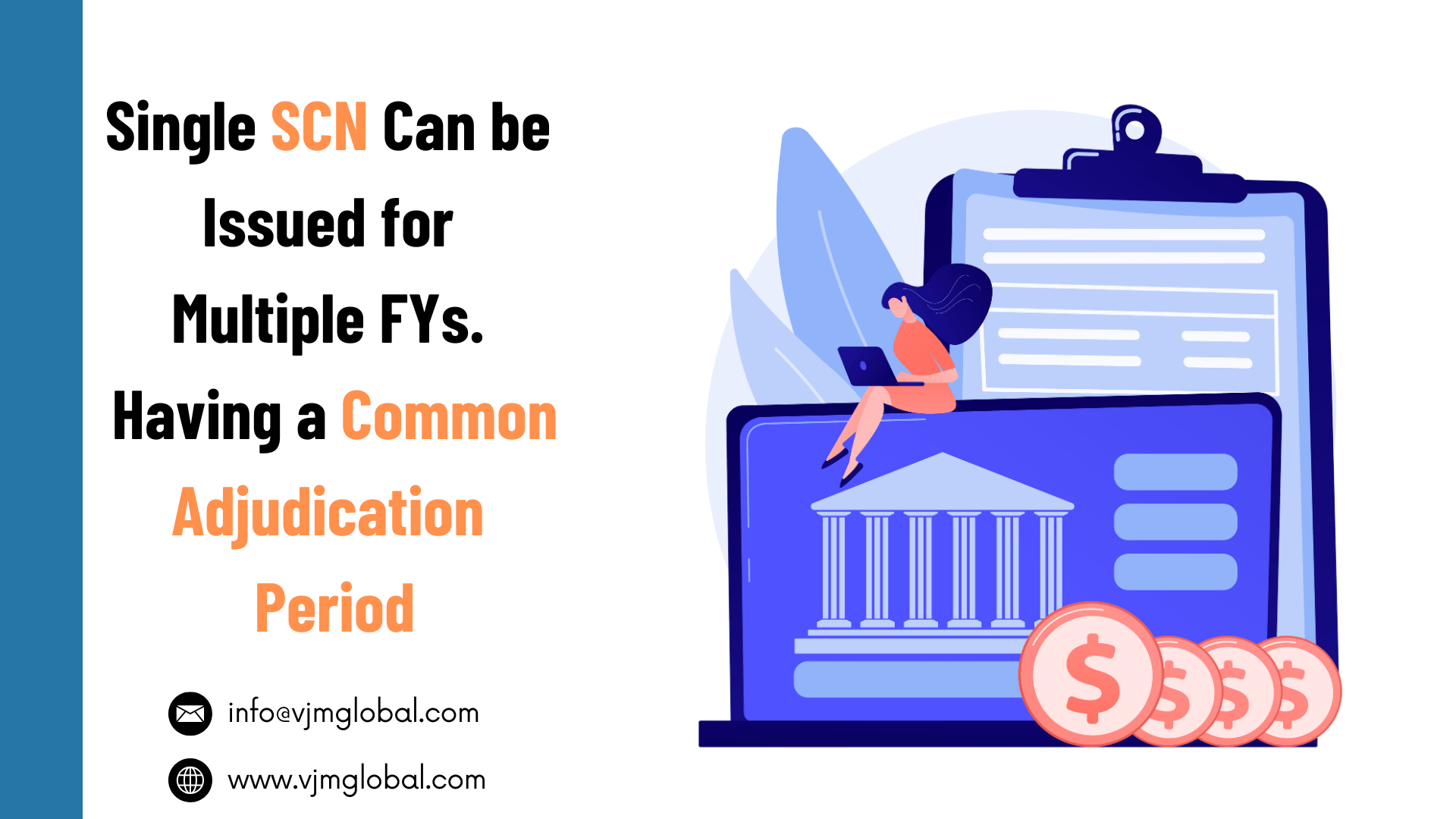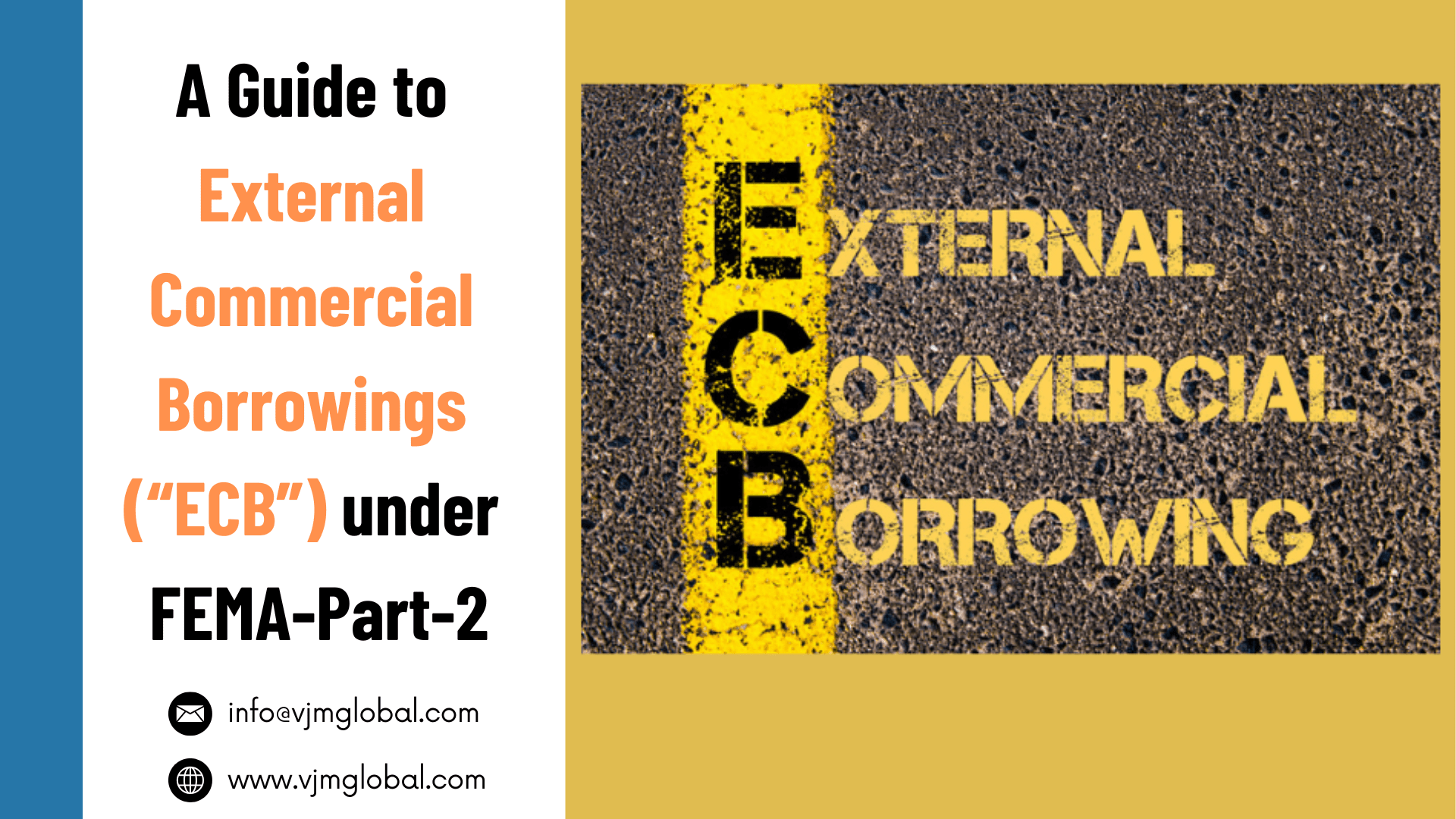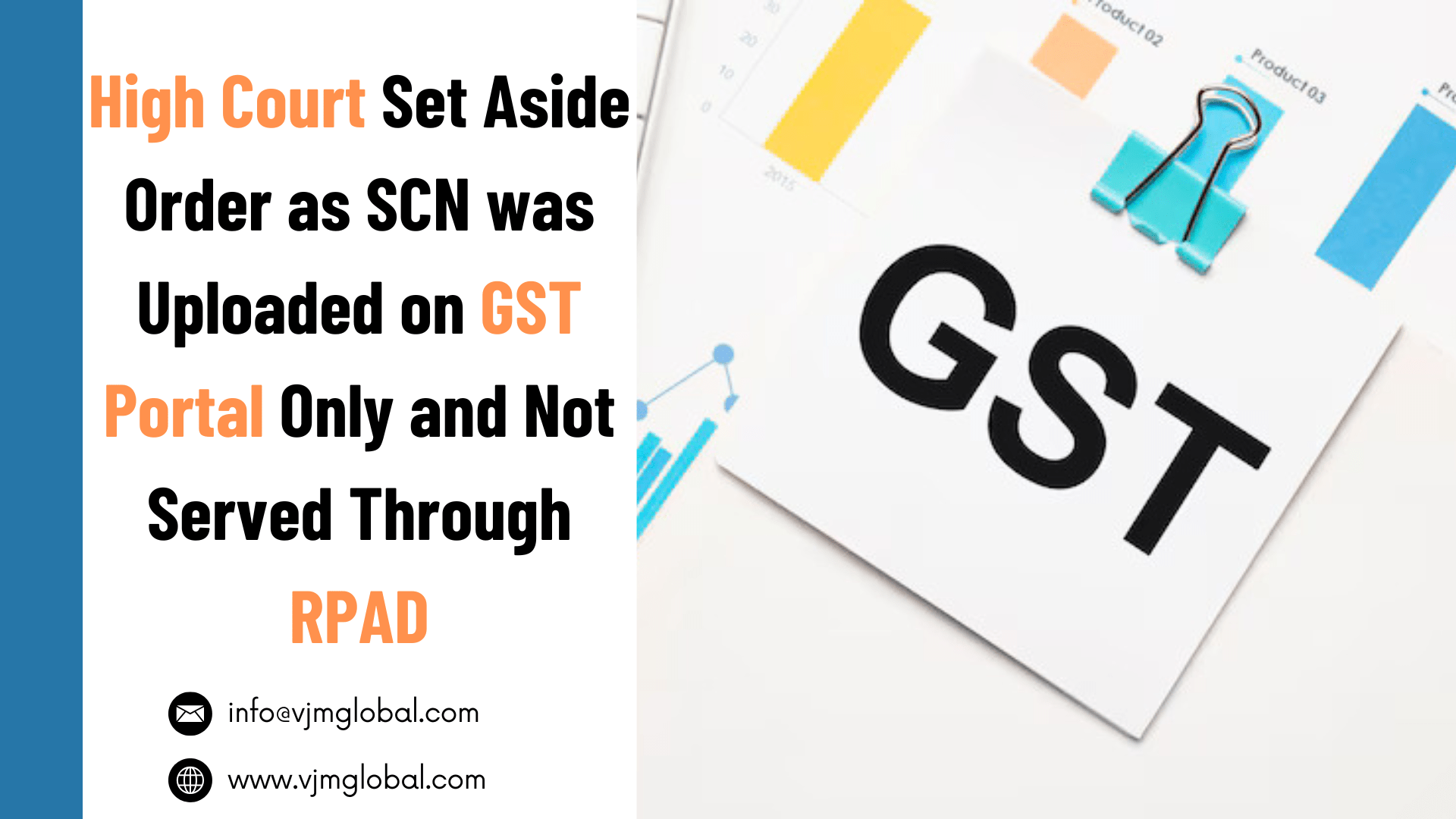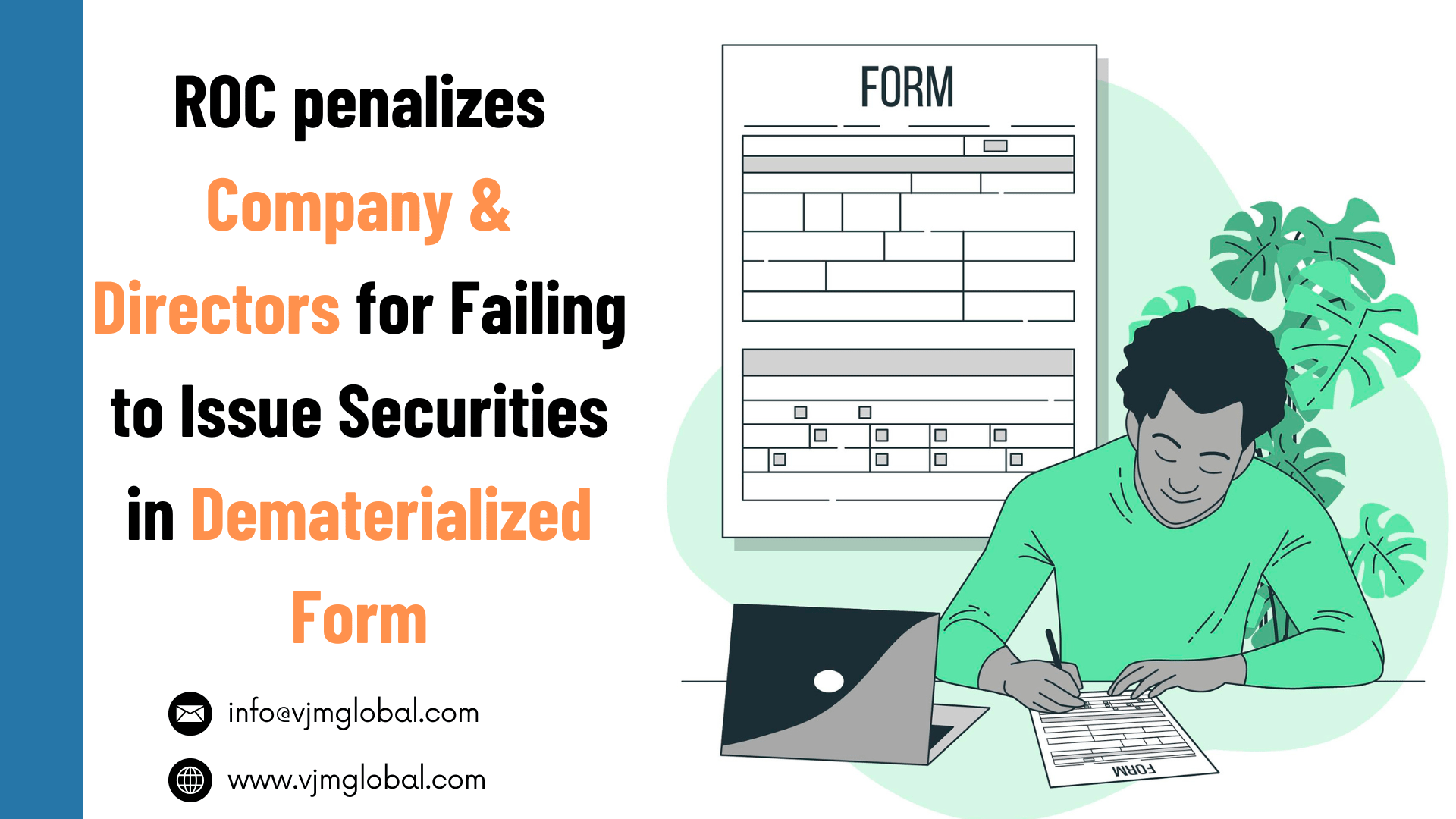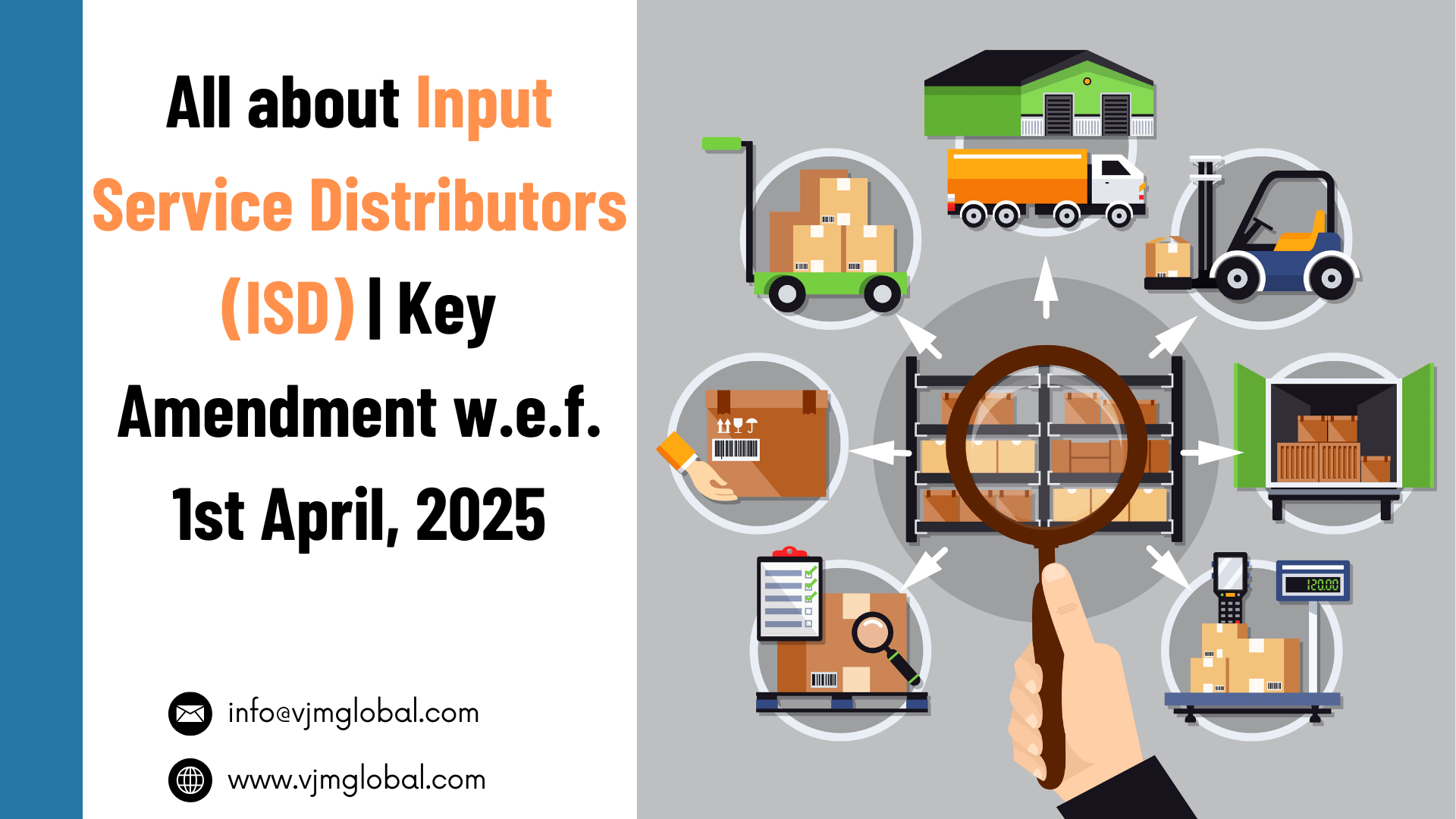Reserve Bank of India (RBI) has issued a detailed circular on the regulation of Payment Aggregator-Cross Border (PA-CB) vide RBI/2023-24/80 CO.DPSS.POLC.No.S-786/02-14-008/ 2023-24 dated 31st October, 2023. Processing of payment or receipts transactions in cross-border transactions is not something an Individual entity can do itself. All these facilities are provided by Payment Aggregator through Payment gateways.
So far, All Payment Aggregators (PAs), whether facilitating domestic transfers or cross-border payments, are covered under different circulars and regulations issued by RBI from time to time. Separate circulars were issued based on type of transaction. Therefore, Keeping in view the developments taking place in cross-border payments, RBI has decided to bring all entities facilitating cross-border payment transactions for import and export of goods and services under direct regulation of the RBI. Such entities shall be treated as Payment Aggregator-Cross Border (PA-CB).
Therefore, all the entities, including Authorised Dealer (AD) banks, Payment Aggregators (PA) and PAs-CB, involved in processing or settlement of cross-border payment transactions for import and export of goods and services, shall comply with these instructions.
Detailed regulations are discussed in this article:
1. Meaning of Payment Aggregator (PA), Payment Aggregator-Cross Border (PA-CB) and Payment Gateway
a. Payment Aggregator (PA)
- PAs facilitate e-commerce sites and merchants to accept various payments from the customers. Such merchants and e-commerce websites are not required to create a separate payment integration system of their own.
- PAs receive payments from customers, pool and transfer them to the merchants after a time period.
b. Payment Aggregator-Cross Border (PA-CB)
- PAs-CB are entities that facilitate cross-border payment transactions for import and export of permissible goods and services in online mode. These entities are authorised by RBI to carry out these operations.
c. Payment Gateway
- Payment gateways are entities that provide technology infrastructure to route and facilitate processing of an online payment transaction without any involvement in handling of funds.
2. Requirement of Authorisation
Existing payment Aggregators are required to obtains authorisation in following manner to act as PA-CB:
- Authorised Dealer (AD) Category-I banks do not require any separate approval from the RBI for undertaking PA-CB activity.
- However, existing Non-banking entities providing PA-CB services are required to apply for authorisation by April 30, 2024. Such entities can continue such services till the approval or final communication is obtained from the RBI.
- Authorisation for PA-CB activity may be sought under any one of the following categories:
- Export only PA-CB (PA-CB-E)
- Import only PA-CB (PA-CB-I)
- Export and Import PA-CB (PA-CB- E&I)
- The entities currently carrying out this activity are required to adhere to guidelines on governance, merchant on-boarding, customer grievance redressal and dispute management framework, baseline technology recommendations, security, fraud prevention and risk management framework within a 3 months from date of this circular. Such a circular should be compiled on an ongoing basis thereafter.
- Non-adherence may lead to the rejection of application.
- Non-bank PAs, whether authorised or whose applications are pending with RBI approval, are required to advise the Department of Payment and Settlement Systems (DPSS), RBI, Central Office (CO) within 60 calendar days, about their existing PA-CB activity.
- If any authorised PA wants to commence PA-CB activity shall seek approval from DPSS, RBI, CO prior to commencement of such business. A single authorisation will be required by a non-bank to undertake PA and PA-CB activity.
- If an authorised PA-CB wants to change its activity post approval, it is required to inform DPSS, RBI, CO atleast 60 calendar days prior to commencement of new activity. New business can be commenced only after approval from RBI.
- Further, as a pre-requisite for seeking authorisation from the RBI, all existing non-bank PA-CBs shall register themselves with the Financial Intelligence Unit-India (FIU-IND).
3. Networth criterion
- Existing Non-banks entities, shall have a minimum net worth of ₹15 crore at the time of filing application with RBI for authorisation and expected networth of ₹25 crore by March 31, 2026.
- New non-bank PA-CBs shall have a minimum net worth of ₹15 crore at the time of filing application and shall attain a minimum net worth of ₹25 crore by end of the 3rd financial year of grant of authorisation.
- New worth can be evidenced through a certificate from their statutory auditor alongwith audited financial statements. Newly incorporated non-bank PA-CBs, can submit a certificate from their statutory auditor regarding the current net worth along with a provisional balance sheet.
- All existing non-bank PA-CBs which failed to comply with authorisation criteria within the stipulated time frame, shall wind-up PA-CB activity by July 31, 2024.
- Banks shall close accounts of existing non-bank PA-CBs by July 31, 2024 unless the PA-CBs produce evidence of authorisation provided by the RBI.
4. Type of Authorisation
4.1 Import only PA-CBs
- Import only PA-CB shall maintain an Import Collection Account (ICA) with an AD Category-I scheduled commercial bank.
- Payment for imports shall be received in an escrow account of the PA. These payments shall be transferred to the ICA. Funds from ICA shall be transferred to foreign merchants.
- For facilitating import transactions, PA-CBs may directly on-board merchants located abroad, or may enter into agreement with e-commerce marketplaces or entities providing PA services abroad. In all such arrangements, it shall be the responsibility of PA-CBs to carry out Customer Due Diligence of merchants (i.e. directly onboarded merchants, e-commerce marketplaces or entities providing PA services abroad) and that they do not facilitate payment transactions for import of any restricted / prohibited goods and services.
- In case per unit goods or services imported is more than ₹2,50,000, then PA-CB shall undertake due diligence of the buyer as well.
- Payments can be carried out using any payment instrument provided by authorised payment systems, except small PPIs.
4.2. Export only PA-CBs
- Export only PA-CB shall maintain the Export Collection Account (ECA) with an AD Category-I schedule commercial Bank. Such banks shall be denominated in INR or foreign currency. An ECA for each non-INR currency shall be maintained separately.
- All export proceeds shall be credited to the relevant currency ECA of the PA-CB.
- PA-CBs shall ensure that the transactions for export of any restricted or prohibited goods and services are not facilitated.
- Customer Due Diligence of the merchant (i.e. directly onboarded Indian merchants, e-commerce marketplaces or entities providing PA services) shall be undertaken, and proceeds from ECA shall be settled only in the account of such merchant.
- Settlement in Non-INR currencies shall be permitted only for those merchants which have been directly onboarded by the PA-CB.
4.3 Import and Export PA-CBs
- Requirements of Both Import-PA-CB and Export PA-CB shall be applicable to Import and Export PA-CBs. Separate collection accounts – ICA and ECA – shall be maintained for facilitating import and export transactions.
5. Miscellaneous
- In case a PA-CB also engages in domestic PA activity, ICA and ECA shall be kept separate from the escrow account maintained for domestic transactions.
- Instructions on debits and credits permissible from escrow account of PAs shall apply mutatis mutandis to ICA and ECA of PA-CBs.
- AD Category-I banks undertaking PA-CB activity shall ensure compliance with the requirements for PA-CBs by April 30, 2024.
- In respect of import and export transactions processed by PA-CBs, the maximum value per unit of goods / services sold / purchased shall be ₹25,00,000.
- AD banks maintaining ICA or ECA shall ensure that all requirements under FEMA, including for reporting and reconciliation of entries in EDPMS / IDPMS, are adhered to.
6. Conclusion
Presently, different payment aggregators are covered under difference circulars and regulation. PA-CB Regulation aims to bring all the entities under one umbrella to have common rules and regulations. This move also aims to avoid any illegal transaction through registration on Financial Intelligence Unit-India (FIU-IND).

